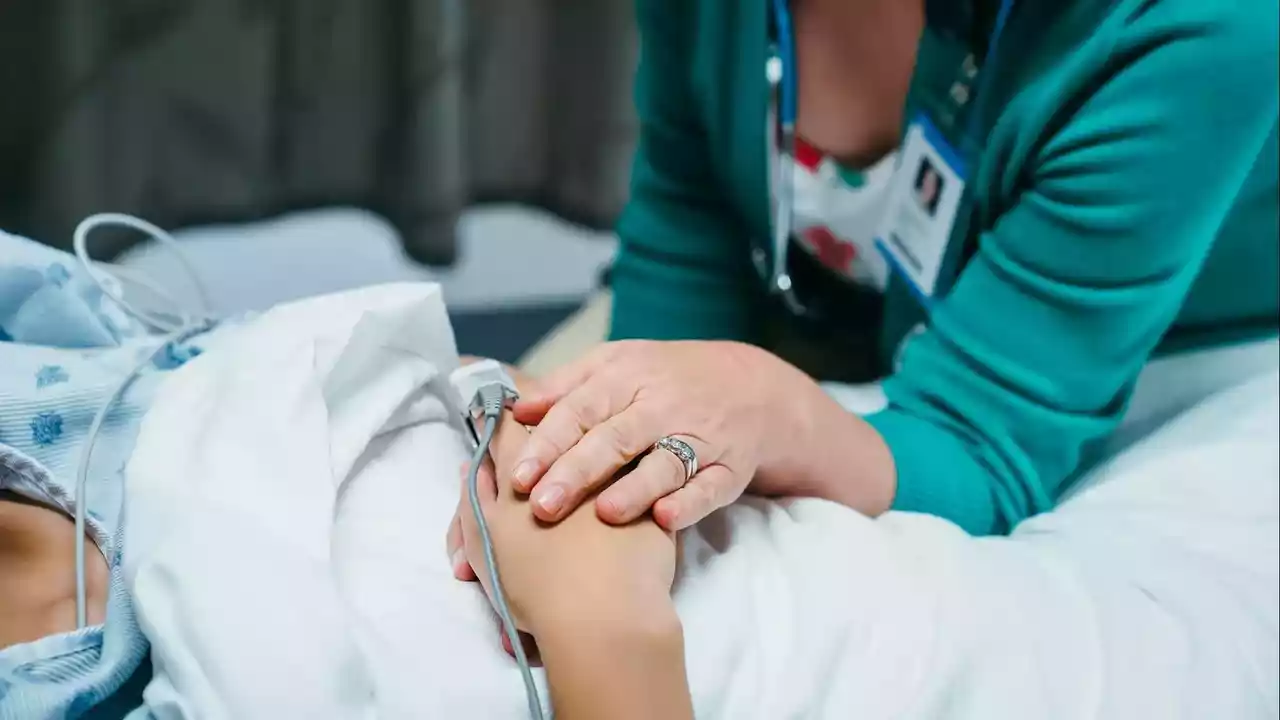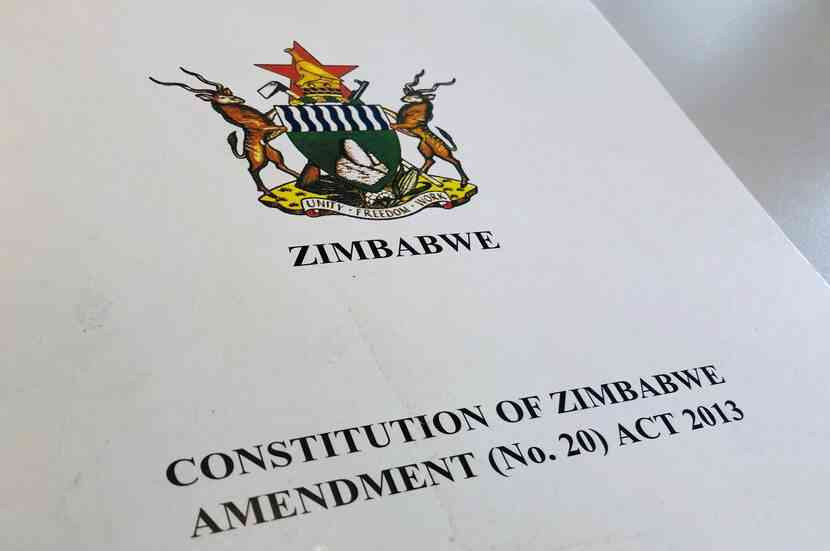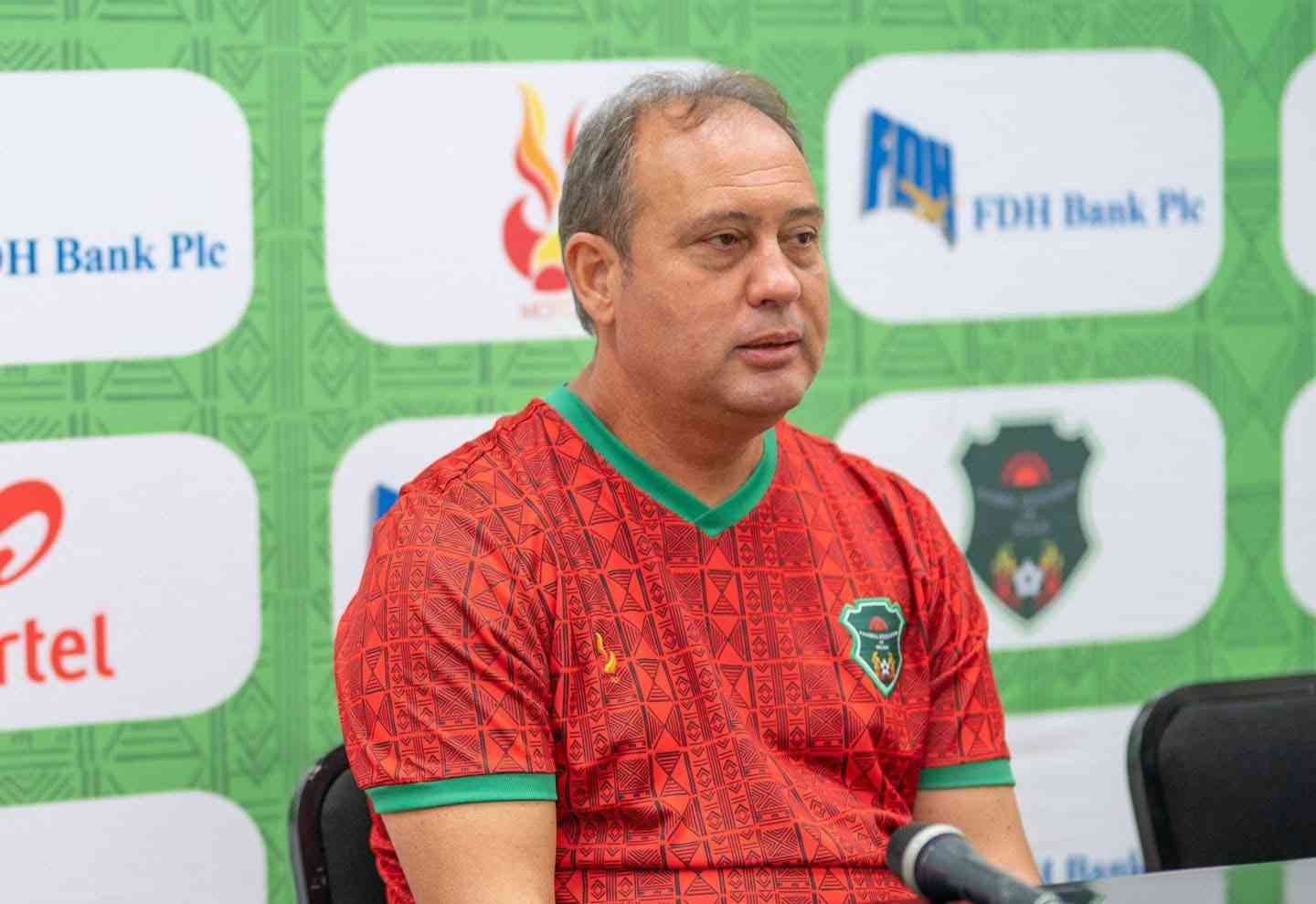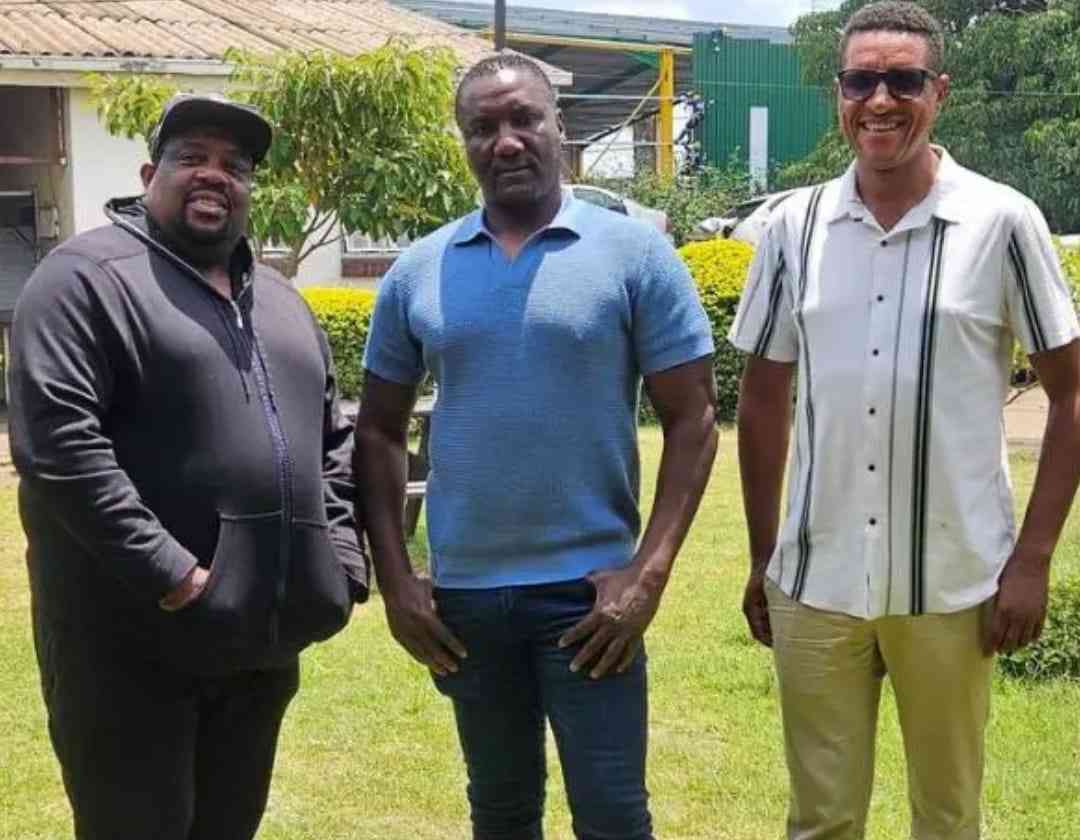
On September 28, the world marked International Safe Abortion Day.
The 2025 theme, “Safe Abortion is Life-saving Healthcare,” was a timely reminder that abortion is not only a personal choice but also a matter of public health and human rights.
Across Africa, the conversation on abortion is deeply divided. In countries such as South Africa, Tunisia, Cape Verde, and Mozambique, abortion is legal on demand, meaning women can safely and legally seek termination in the early stages of pregnancy.
On the other hand, countries like Egypt, Madagascar, and Congo Brazzaville maintain a ban on abortion, usually regardless of the circumstances.
Zimbabwe, like many African countries, sits somewhere in between—allowing abortion only under certain conditions.
In Zimbabwe, abortion is governed by the Termination of Pregnancy Act of 1977. According to the law, abortion is only permitted if:
- The pregnancy endangers the woman’s life.
- The pregnancy resulted from rape or incest.
- There is evidence that the fetus is at risk of being born with a severe disability.
While the law provides these grounds, the process of accessing a legal abortion is long and complicated. For cases of rape or incest, a court order is required.
Yet, in reality, justice systems are often slow. The case of Mildred Mapingure vs. Minister of Home Affairs (2014) is a striking example. Mildred, a survivor of rape, sought a termination but the delays in obtaining a court order meant that by the time approval came, it was too late to legally proceed.
- Are restrictive abortion laws good for women’s reproductive health?
- Are restrictive abortion laws good for women’s reproductive health? (Part 2)
- Amend abortion laws: Experts
- Couple arrested over minor’s rape
Keep Reading
Zimbabwe is also a signatory to the African Union’s Protocol to the African Charter on Human and Peoples’ Rights on the Rights of Women in Africa, commonly known as the Maputo Protocol. Adopted in 2003, the protocol is one of the strongest regional instruments advancing women’s rights.
Article 14 specifically calls on states to protect women’s reproductive rights, including access to medical abortion in cases of sexual assault, rape, incest, and when pregnancy endangers the health or life of the mother.
By signing this protocol, Zimbabwe committed to aligning national laws with these standards.
The protocol is a reminder that safe abortion is not just a local debate—it is a continental human rights obligation.
Safe abortion is more than just a personal decision, it is healthcare. Denying women access to safe procedures exposes them to life-threatening risks. According to the World Health Organisation (WHO), Sub-Saharan Africa is the region with the highest number of unsafe abortions.
As of 2024, reports say 77% of abortions in the region are unsafe, and nearly half are classified as “least safe.”
The abortion rate itself is the same in places where abortion is legal and where it is restricted.
This shows that laws do not stop abortions—they only determine whether women get them safely or dangerously.
Restrictive laws therefore punish the poor and vulnerable the most, as wealthier women often find safer alternatives.
This makes safe abortion not only a health issue, but also a justice issue.
Unsafe abortion carries serious health risks. According to Doctors Without Borders, in poor or conflict-affected countries, abortions carried out in hospitals are five to seven times more likely to lead to severe complications compared to wealthier nations. This highlights the urgent need for safe, regulated care.
The burden of unsafe abortion often falls on women already facing vulnerability.
According to global evidence, women who have experienced intimate partner violence are more likely to seek abortions.
This reality forces us to think about the intersections of violence, health, and women’s rights.
Beyond the law, women face heavy cultural, social, and religious stigma around abortion. In many communities, abortion is viewed as a shameful act, one that women should never speak of openly—let alone think of as an option. Religious teachings often label it as a sin, while cultural norms treat it as a betrayal of traditional womanhood.
But we must ask: are we being honest when we pretend abortion is “foreign” to our cultures?
Doesn’t history tell us otherwise? Across generations, traditional healers and midwives performed abortions using herbs or other means.
Abortion is not new—it has always been there, only hidden in whispers and shadows.
The difference is that today, science allows it to be done safely, under medical supervision.
When a woman is denied abortion, the consequences are severe. Some are forced to carry pregnancies that result from violence, leaving lifelong emotional scars.
Others face serious health complications from unsafe abortions carried out in backrooms, without proper medical care.
The ripple effects spread further. Families are pushed deeper into poverty when women are unable to continue with education or work.
Girls as young as 13 or 14, pregnant from rape or incest, are forced into motherhood before they are physically or emotionally ready.
The social and economic costs of denying abortion are borne not only by women but by the entire community.
At the core of the abortion debate is a simple truth: women should have the right to make decisions about their own bodies.
No one else lives with the consequences of an unplanned pregnancy more than the woman who carries it.
Forcing women into motherhood against their will is not only unjust, but it also strips them of dignity and autonomy.
Zimbabwe has made progress in reducing maternal deaths, but unsafe abortion threatens to undermine these gains.
According to global estimates, 25 million unsafe abortions take place every year, mostly in developing countries.
Each unsafe abortion carries the risk of sepsis, hemorrhage, or even death. Mobility—lifelong health complications such as infertility or chronic pain—also takes its toll on women denied safe care.
The irony is painful: while healthcare systems fight to save the lives of women, laws and stigma in different countries simultaneously push them into dangerous situations.
International Safe Abortion Day is not about promoting abortion as the first choice - it is about promoting safety, dignity, and the right to healthcare.
Access to contraception, comprehensive sex education, and strong healthcare systems are all important tools to reduce unwanted pregnancies.
But when a pregnancy is already unwanted, women deserve the option of a safe abortion without shame, fear, or unnecessary legal hurdles.
Countries like South Africa and Mozambique show us that when abortion laws are liberalized, maternal deaths decline. Women are more likely to seek safe medical care, and healthcare systems can provide post-abortion services without fear of criminalisation.
As the world marks this day, we must reflect honestly: does making abortion illegal stop women from getting abortions?
Or would we rather ensure that if a woman seeks one, it is safe, legal, and compassionate?
Because one truth is clear—if a woman wants an abortion, she will find a way to get one, even if it means risking her life.
The real question is whether we as a society are willing to let her die in silence, or choose to protect her with life-saving healthcare.
- Madamombe is a gender and communications expert
- These weekly articles are coordinated by Lovemore Kadenge, an independent consultant, managing consultant of Zawale Consultants (Private) Limited, past president of the Zimbabwe Economics Society and the Chartered Governance and Accountancy Institute in Zimbabwe. Email – [email protected] or Mobile No. +263 772 382 852











